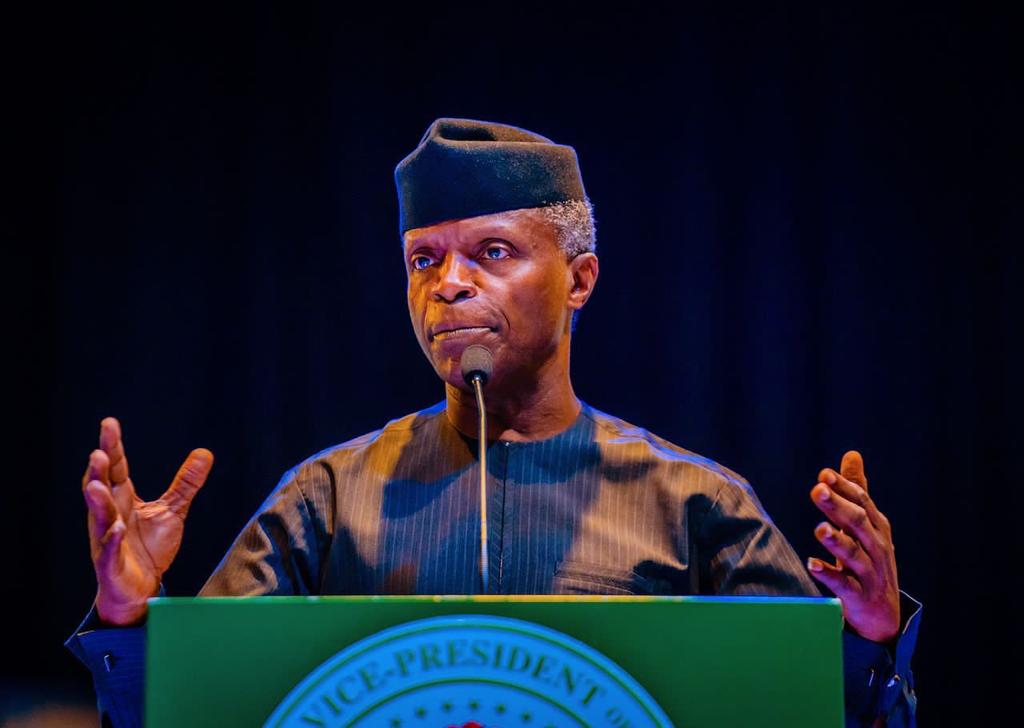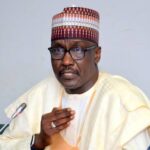Nigeria is presently ranked 131st among 190 world economies in the ease of doing business, according to the latest World Bank annual ratings.
Though the rank of Nigeria improved to 131 in 2019 from 146 in 2018, analysts say investors wishing to do business in Nigeria still face huge challenges ranging from multiple taxes to delay at the ports, harassment by locals and difficulty in accessing loans and so on.
According to the World Bank, a high ease of doing business ranking means the regulatory environment is more conducive to the starting and operation of a local firm. The rankings, according to world’s apex banking institution, are determined by sorting the aggregate scores on 10 topics, each consisting of several indicators, giving equal weight to each topic.
The ease of doing business ranking compares economies with one another; the ease of doing business scores bench-mark economies with respect to regulatory best practice, showing the proximity to the best regulatory performance on each Doing Business indicator.
When compared across years, the ease of doing business score shows how much the regulatory environment for local entrepreneurs in an economy has changed over time in absolute terms, whereas the ease of doing business ranking shows only how much the regulatory environment has changed relative to that in other economies, according to the World Bank.
President Buhari’s administration is on record as being the first to consciously determine to address Nigeria’s perennially low ranking in global ease of doing business. In pursuance of the declared goal to improve Nigeria’s ease of doing business ratings, the president inaugurated the Presidential Enabling Business Environment Council (PEBEC), chaired by Vice President Yemi Osinbajo, in July 2016.
PEBEC comprises the Minister of Industry, Trade and Investment (MITI) as Vice-Chair, 9 other ministers, the Head of Service of the Federation, Governor of the Central Bank, representatives of the National Assembly, and the private sector. PEBEC’s mandate is to make recommendations on institutional reforms to promote Nigeria’s investment attractiveness.
In February 2017, PEBEC approved a 60-Day National Action Plan “with clear deliverables and timelines for [MDAs] responsible for implementing each line item in the Plan.”
On May 18, 2017, the Acting President Osinbajo issued three Executive Orders (EOs); effective immediately and targeting public service improvements to touch every sphere of Nigeria’s economy.
The Minister of Industry, Trade and Investment, Adeniyi Adebayo, said President Muhammadu Buhari’s administration is adopting legislation-backed policy to promote the ease of doing business in the country.
He added that the revised Companies and Allied Matters Act (CAMA) 2020 and the Petroleum Industry Act 2021 have repositioned the country as an investment destination of choice in Africa. Adebayo said the Federal Government had instituted mechanisms and adopted various approaches to address critical security concerns in addition to improved allocation to strengthen regulatory agencies.
And the federal government on Thursday said Nigeria will launch the second iteration of Ease of Doing Business report in the second quarter of 2022.
This was disclosed at the end of National Economic Council (NEC) meeting in Abuja on Thursday.
This was among other discussions during the 122nd physical meeting of the Council, chaired by Vice President Yemi Osinbajo.
The meeting, according to media aide to the vice president, Laolu Akande, also had in attendance state governors; the FCT Minister, Malam Mohammed Bello; the Minister of State for Budget and National Planning, Prince Clem Agba; the Secretary to the Government of the Federation, Mr Boss Mustapha; and the Central Bank Governor, Mr. Godwin Emefiele, among others.
The Special Adviser to the President on Ease of Doing Business, Dr Jumoke Oduwole, who made a presentation to the council on the Subnational Doing Business Project and State Action on Business Enabling Reform (SABER) Programme, noted that the second iteration of the Subnational Ease of Doing Business Report will deepen the scope of the reforms based on what private sector is saying about the business climate in Nigeria.
According to Oduwole, the initial criteria (framework) focused on security and infrastructure, transparency and access to information, the regulatory environment, and skills and workforce readiness.
She explained that the second edition will include economic opportunity, and level of digitization, just to deepen the scope based on private-sector ideas regarding improving the business climate in Nigeria.
The President, Manufacturers Association of Nigeria (MAN) Engr. Mansur Ahmed recently called on the president, as the chairman of the Presidential Motoring Committee for Implementation of Executive Order 005, to direct that the Ministry of Science Technology and Innovation inaugurate the secretariat that will implement the strategies for the executive order.
“As a test case of this initiative, we humbly request that Mr President directs SON to certified local manufacturers of LPG gas cylinders be specifically designated as priority provider of the 10 million cooking gas cylinders to be procured by the federal government for 12 states in the federation,” Mansur said.
The Chief Executive Officer, Centre for the Promotion of Private Enterprise, Dr Muda Yusuf, agrees with previous analysts that the executive orders are not implemented sufficiently enough.
He said there is the issue of political will to drive the process. “It appears people along the chain are too powerful to be compelled to comply.
“The customs at the port kept saying security takes precedence, and in hiding under that cover, they set aside everything.
“So, the agencies have a way of circumventing the directives and so the government must demonstrate consequence for lack of compliance.
“All these people are the employees and appointees of the president and unless he shows that political will, even if you legislate on it, it will not happen. The machine of enforcement is very important,” Yusuf said.

 Join Daily Trust WhatsApp Community For Quick Access To News and Happenings Around You.
Join Daily Trust WhatsApp Community For Quick Access To News and Happenings Around You.


